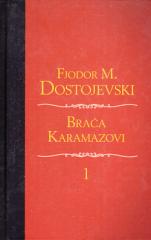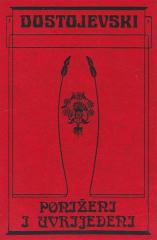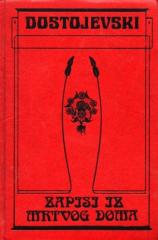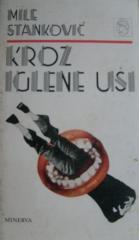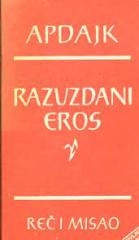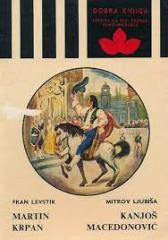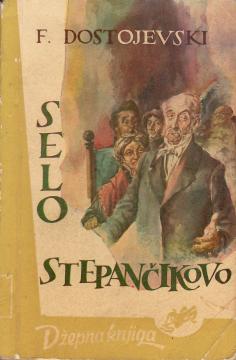
Selo Stepančikovo
"The Village of Stepanchikovo" is a humorous novel by Dostoyevsky, first published in 1859. This novel, which differs from the later, darker works of the author, is a satirical critique of social relations and human weaknesses.
The story is set in the small village of Stepanchikovo, where Colonel Yegor Ilyich Rostanyev manages his estate. After the death of his parents, he finds himself under the strong influence of Foma Fomič Opiskin, a flatterer and manipulator, who uses his intelligence and rhetorical skills to gain power over his household and neighbors.
Rostanjev is a good and noble man, but also weak when it comes to conflicts. Foma Fomič, on the other hand, keeps the entire household under his control, manipulating all the inhabitants of the estate, including Rostanje's despotic mother, servants and guests.
The story gets complicated when Rostanyev invites his nephew, the young intellectual Sergei Alexandrovich, to visit him. Sergei comes with the intention of helping his uncle, but soon finds himself in the vortex of Foma's intrigues. The situation is further complicated because Rostanjev wants to marry a modest girl Nastasja, which Foma opposes, under the pretext of preserving "moral order".
Although "The Village of Stepanchikovo" is less well-known than Dostoevsky's later works, it offers an interesting insight into the author's early ideas about human nature and society. Combining humor and psychological analysis, the novel is a humorous but also a deep story about human weaknesses and interpersonal relationships.
Dva primerka su u ponudi
Primerak broj 1
- Blago oštećenje korica
